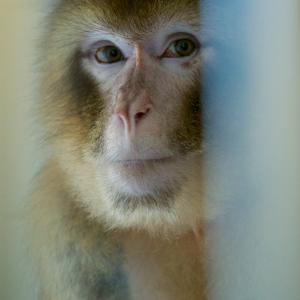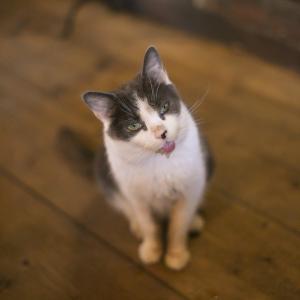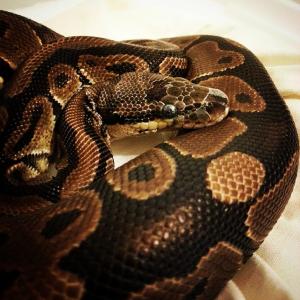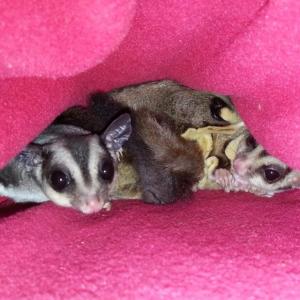Taking on any animal as a pet is a big commitment, and so it really matters that your decision is an informed one. Unfortunately, many animals are mis-sold as ‘easy to keep’ and by the time new owners realise they have taken on more than they bargained for, it is often too late. For instance, a recent scientific study showed that at least 75% of pet reptiles die within their first year in the home. This is why it is important you have access to impartial and sound guidance at the outset. Lives depend on it!
If things don’t work out with an animal you have acquired, there is no guarantee that a sanctuary or rescue shelter will be able to help. Animal shelters or sanctuaries are often overburdened with unwanted pets. Moreover, there are very few good rescue centres that have the specialised facilities, expertise and resources to care for exotic animals.






